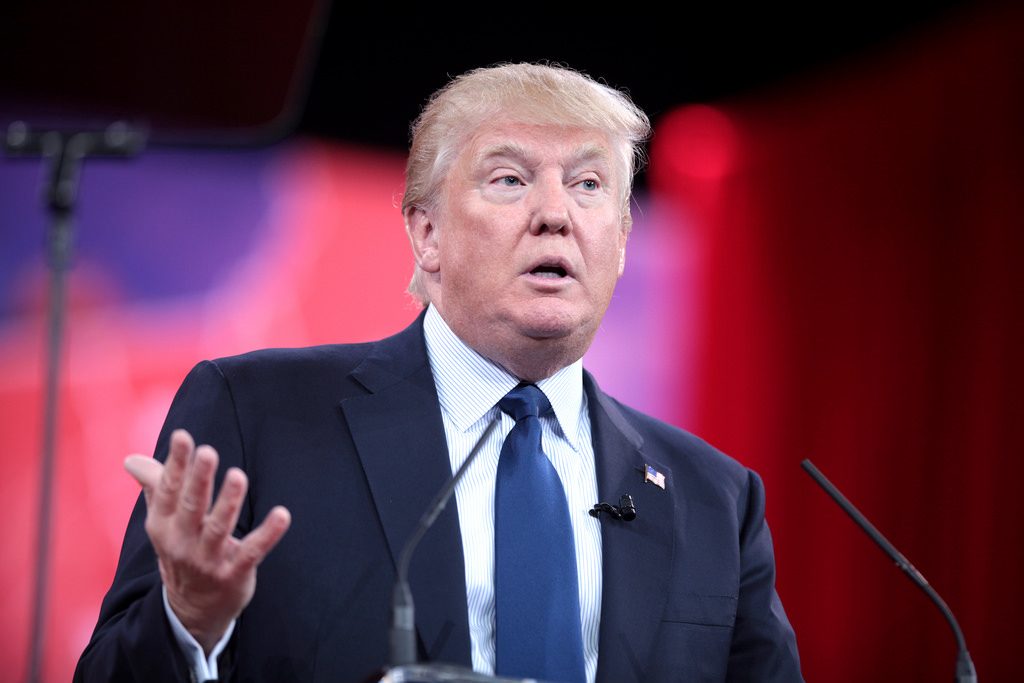
It is almost impossible to be vulnerable and transparent as a public leader in our culture. That is why Clinton remained wooden and completely absent from her body during the election. If she showed emotion, she may well have been torn to shreds. See Smith, Brescoll, & Thomas (2016) on the extra challenge women have to face in leadership roles.
We will never know what might have been different if she had shown some emotion and acknowledged the hurtful rhetoric about her marriage. Imagine this scene: “Donald, that is a very painful memory for me, is that really necessary?” and to allow a natural tear to come. It could have been a powerful moment, but she chose to be very controlled—understandable but unfortunate.
Trump, on the other hand, very carefully says things that seem spontaneous and off the cuff: “Nasty woman”, “build a wall”, “illegal votes”, etc. He knows that we crave authentic leadership (Goffee & Jones, 2000; Nienaber, Hofeditz & Romeike, 2015). He plays that card boldly, and apparently even a rehearsed and poorly performed version of genuine expression is good enough for many of us who crave anything real.
There is growing research that points to our strong desire for authentic leadership, genuine, and emotionally intelligent people in leadership positions (Brown, 2012). The upside of Emotional Intelligence (EI) is that it can be trained (Goleman, 2006) – a downside is that it can be faked.
The basic components of emotional intelligence are “Self Awareness” or paying attention to internal emotional states, “Empathy” – caring about the emotional states of others, “Emotional Regulation and Expression” – having the ability to effectively manage anger or fear and to express it when appropriate, and “Presence” – being vulnerable and spontaneous. In short, emotional intelligence is being emotionally connected and real. Though certainly not a model of emotional intelligence, Trump intentionally played to our desire for authentic leadership.
I train leadership teams to use Emotional Intelligence as a way to succeed in their business. It works. Most of these leaders desire genuine transformation and acquire the ability to be much more present and effective in their leadership roles (see below).
https://creativelifeinstitute.com/leadership-programs/authentic-leadership-programs/
The Authentic Leadership process has given our tier one management team clarity and purpose. The tools have allowed us to disagree, change, and achieve 40% growth revenues! We have expanded the program to our tier two leaders.
–Bud Walters, Owner Pieper Electric
Bob and his team are master facilitators.
–Jeff Goldring, Owner Republic Beverage
The program helped our leader team get real. It was a major turning point for us and is an ongoing breath of fresh air for the entire company.
–Jim Mousner, Principal Origin Design
References
Brown, B. (2012). Daring greatly: How the courage to be vulnerable transforms the way we live, love, parent, and lead. New York, NY: Gotham Books.
Goffee, R., & Jones, G. (2000). Why should anyone be led by you? Harvard Business Review. Retrieved from: http://hbswk.hbs.edu/archive/1710.html
Goleman, D. (2006). Emotional Intelligence. Bantam Books.
Nienaber, A.-M., Hofeditz, M., & Romeike, P. D. (2015). Vulnerability and trust in leader-follower relationships. Personnel Review, 44(4), 567.
Smith, J. S., Brescoll, V. L., & Thomas, E. L. (2016). Constrained by emotion: Women, leadership, and expressing emotion in the workplace. In M. L. Connerley & J. Wu (Eds.),Handbook on well-being of working women (pp. 209–224). Springer Netherlands.
